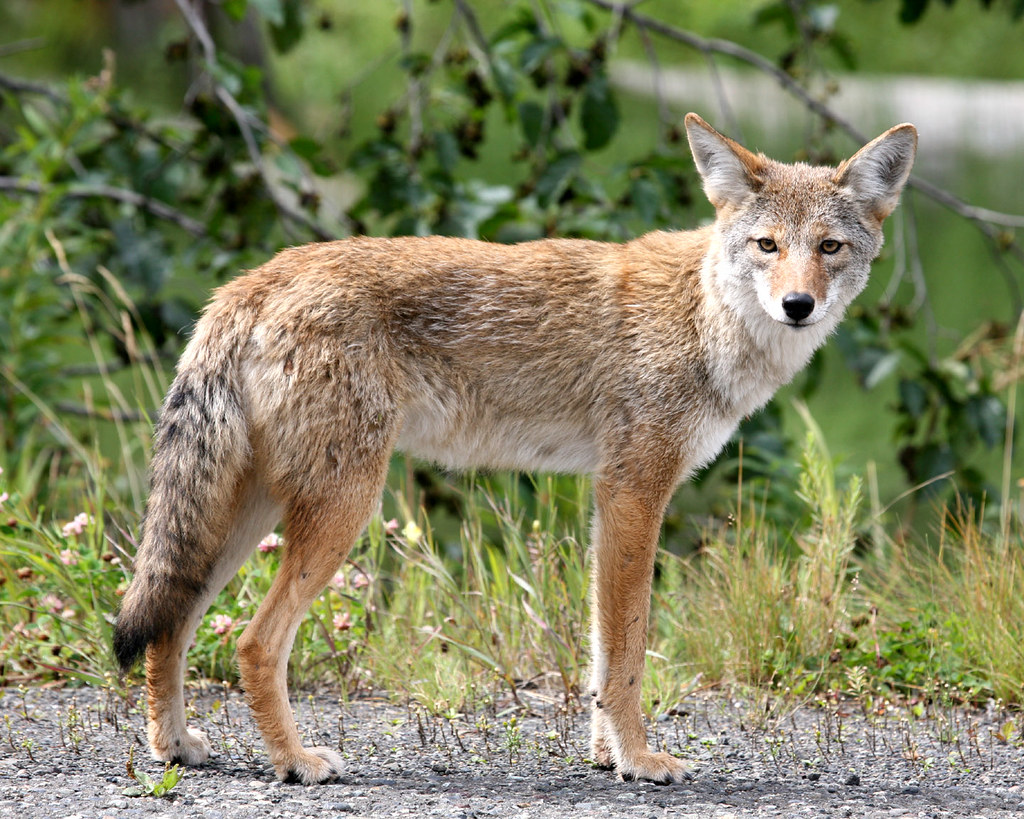Have an animal nesting or using a space that you would prefer they did not? Humane Harassment is a process used to disturb an animal to such an extent that it decides to leave its den and move on. These techniques are used to spare the life of the animal and avoid needless trapping. When it comes to foxes and coyotes try these tips.
UNDER PORCH/DECK/STAIRS:
No cause for alarm. If animals MUST be evicted, harassment strategies such as sweaty socks sprinkled with vinegar in den entrance along with blaring radio. This will take time and patience as they can be resistant and also need time to find or create a new den.
CHICKEN COOP ISSUES
A secure chicken coop is a necessity when you want to keep your birds away from predators such as foxes and coyotes. A predator-proof chicken coop must have solid walls, solid floors and doors that are well-maintained. Some predators, such as rats, are capable of chewing through the walls, doors or floors of your chicken coop. Larger predators may use those holes to gain access to the coop. Check the condition of your chicken coop's walls and floors regularly to ensure they are in good shape. If any part of the coop is damaged, replace it immediately.
For outdoor runs or chicken coops with dirt floors, bury hardware cloth or some other type of wire-mesh to prevent predators from digging their way in.
If the chicken coop has doors or windows, close them at night. You may want to consider covering windows with hardware cloth or similar material to ensure no predators can come through.
Outdoor runs should be fenced in using wire mesh fencing with small openings that a predator cannot fit through. The smaller the openings in the fence, the more effective it will be against predators. Make sure all the doors and windows on the coop have latches and locks that cannot be opened easily.
Your coop needs a roof, even if that roof is made of wire.
Consider installing a motion-activated light that will light up any time a predator approaches.
Bring in any uneaten feed, including that of your domestic pets, before nightfall. Food that has been left out may attract predators, as will unsecured garbage cans.
Consider keeping a rooster in the flock. Roosters are the natural protectors of the hens in a flock. A rooster will crow to sound alarm when a predator approaches the coop. Some roosters even fight predators to protect their hens.



